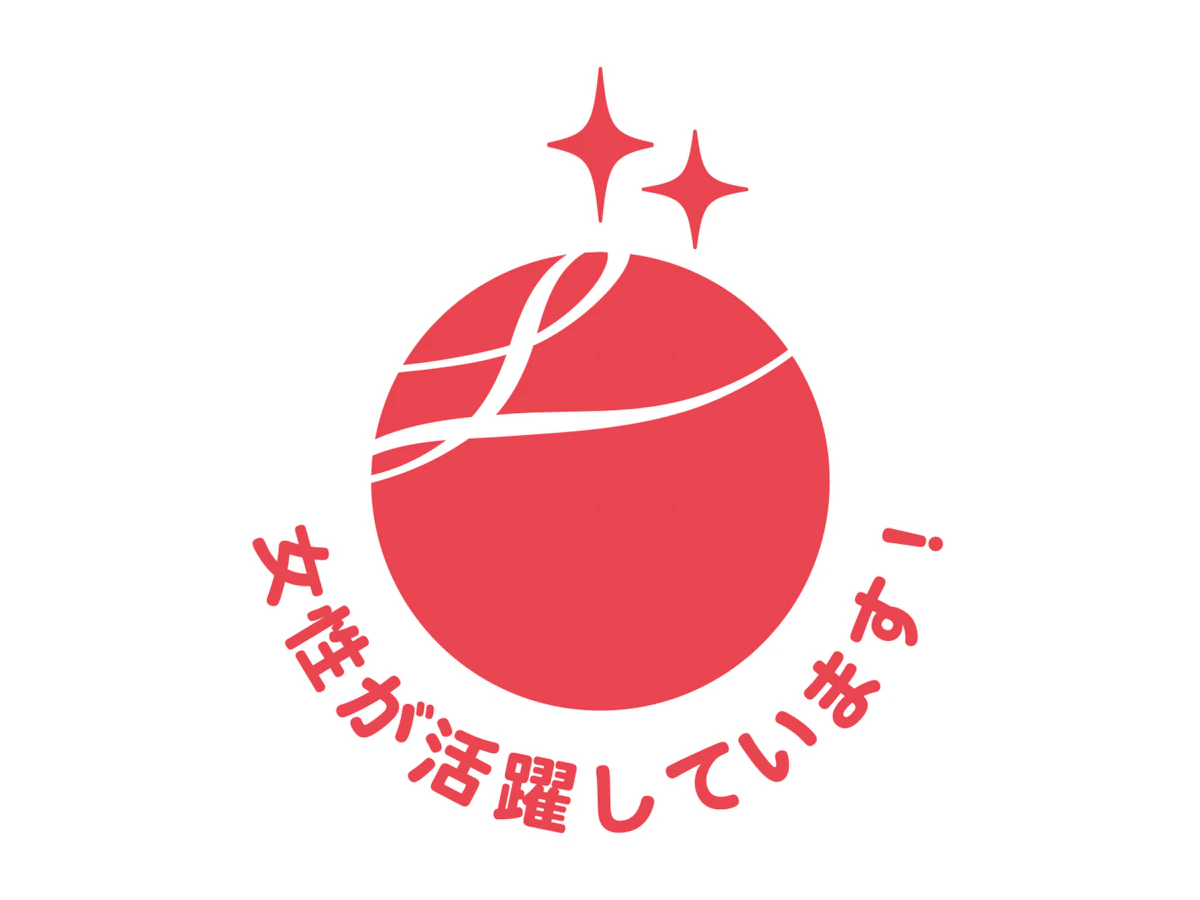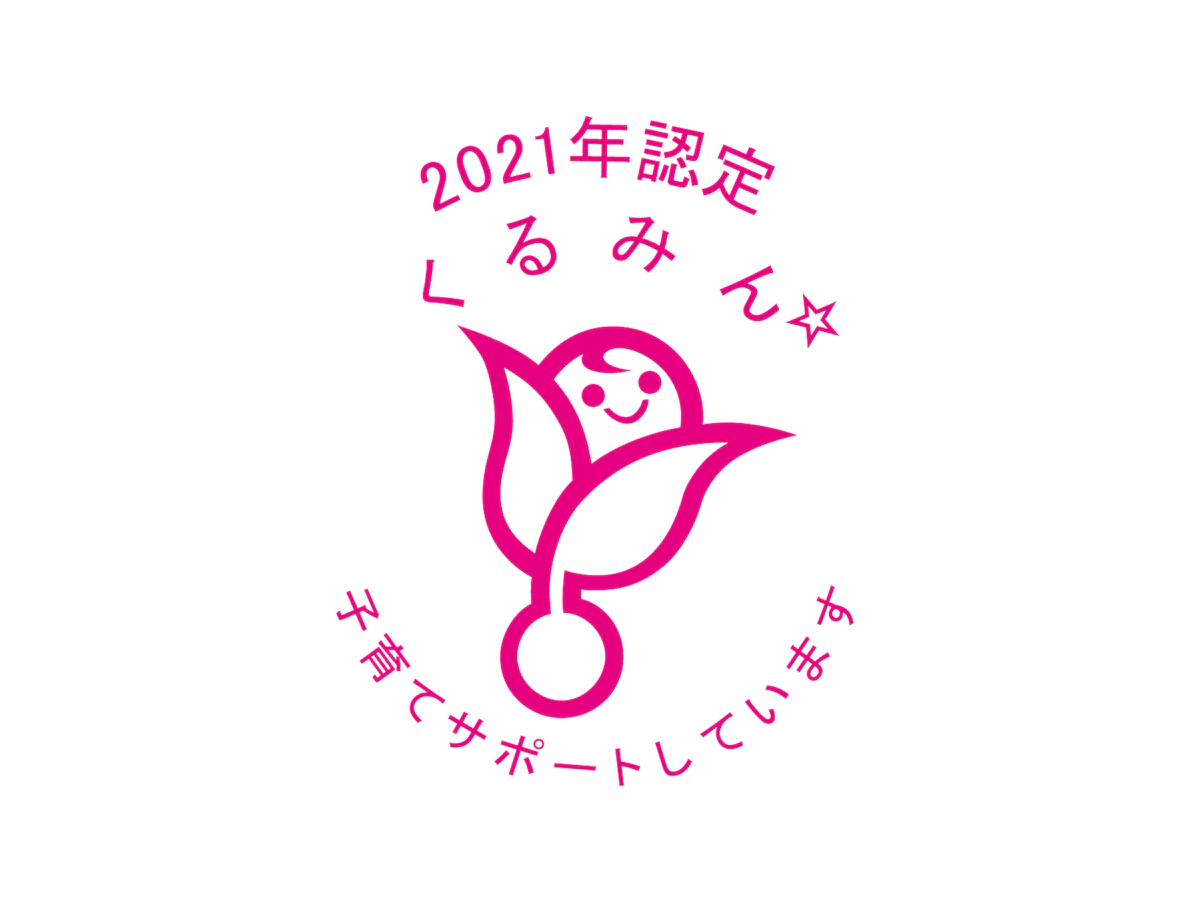Labor Practices
労働慣行
Basic Concept
The Mori Building group supports and respects the fundamental rights of workers as set forth in the ILO Declaration on Fundamental Principles and Rights at Work. The Declaration sets forth the following labor principles:
- Freedom of association and the effective recognition of the right to collective bargaining
- Elimination of all forms of forced or compulsory labor
- Effective abolition of child labor
- Elimination of discrimination in respect of employment and occupation
In cases where there is an inconsistency between internationally recognized human rights and the laws and regulations of each country or region, the group will pursue ways to maximize respect for international human rights principles.
Working Environment Initiatives
Instilling Labor Standards Policy
To ensure that all new employees fully understand the Rules of Employment, personnel evaluation system, benefit programs, and other company policies related to labor standards, Mori Building provides a comprehensive explanation of these policies to all new employees upon their joining the company.
Reduction of Excessive Working Hours
The company has taken the following initiatives to reduce overtime work, and reports monthly to the Executive Board on the status of overtime work in an effort to make improvements.
- Alerting and interviewing supervisors of employees who may be working long hours
- Sending out alerts to employees who work long hours
- Visualizing overtime-hour totals using the dashboard function of the company's work management system
- Promoting flexible workstyles utilizing flextime work, staggered work hours, etc.
- Promoting work efficiency and paperless operations by using work management tools
- Dimming office lights a while at 20:00 and 22:00 as a reminder of ending time
Support for Living Wages
Mori Building's policy is to pay wages that not only comply with, but also exceed, the minimum-wage regulations in each country. The average annual salary at the company was JPY 8,784,000 in FY2021.
Mechanisms for Dialogue between Employee Representatives and the Company's Management
The company has dialogues between employee representatives and the company's management in order to improve the company's work environments, working conditions, and health management. The company recognizes that improving the health and ensuring the safety of its employees is an important issue, so labor and management are working together to address this issue.
Prevention of Child Labor and Forced Labor
There has never been an occurrence of child labor or forced labor at Mori Building. We have also requested our business partners to prohibit the hiring/employment of children and forced labor in the Procurement Guidelines, and to prevent young workers from engaging in hazardous work that may expose them to health and safety risks.
In case of possible violations, a contact point for reporting has been established.
Fair and Equitable Assessment and Prevention of Harassment
In order to ensure fair and equitable evaluations, the company does not differentiate remuneration based on gender.
In addition, HR interviewers are instructed not to ask questions related to race, nationality, religion, etc., which are not relevant to the employment process, in order to prevent human rights violations.
The company also provides new employees as well as managers with training on sexual, power and other types of harassment, and continuously promotes awareness-raising activities.
Employee Benefits
Mori Building offers a variety of employee benefits.
Benefit program | Overview |
|---|---|
Corporate pension | A pension plan that allows employees to flexibly choose the age at which they begin receiving benefits and the period of benefits in accordance with their life plans. In addition to a point-based retirement benefit accumulation based on years of service, grade, and position, an additional fixed amount is paid based on long-term service. |
Optional defined-contribution pensions | Optional defined-contribution pensions with tax benefits separate from corporate pensions for building of retirement funds. |
Asset-accumulation savings | Three types of asset accumulation savings: residential, pension, and general. |
Group long-term disability insurance (GLTD) | A group insurance paid by the company to cover a portion of every employee's income in the event they are unable to work for an extended period of time due to illness or injury. |
Special condolence payment | A system that provides a serious disability sympathy payment when an employee becomes severely disabled, and a special condolence payment to the bereaved family in the event of the employee's death. |
Cafeteria Plan (Mori Building Life Support Program) | A selective welfare program that allows employees to freely select from a diverse menu of health enhancement, childcare/nursing care support, and self-development programs within a certain range of points. |
Urban rent subsidies | A program in which employees receive rent subsidies when they move into rental housing in locations designated by the company, with the aim of improving creativity, productivity, and health through the experience of living in the heart of the city. |
Company housing | A program that allows employees to use company housing that meets certain conditions. |
Company gatherings | A program that provides assistance in the form of subsidies for social gatherings to promote friendship among employees, payment of congratulatory and condolence money, loans to members, support for internal club activities, and special rates for various events and tickets. |
Initiatives to Promote Diversity
Promoting Female Participation and Advancement
Acquisition of "Eruboshi Certification"
Based on the Act on Promotion of Women's Participation and Advancement in the Workplace ("Act to Advance Women's Success"), companies that meet certain criteria and have been shown to excel in promoting women's activities can receive an Eruboshi Certification from the Minister of Health, Labor and Welfare. Evaluation is based on the following five criteria: (1) recruitment, (2) continuous employment, (3) workstyles including hours, (4) managerial position ratio, and (5) diverse career paths. Mori Building received a 2-Star Eruboshi Certification on August 20, 2021 after meeting the criteria in four :(1)(2)(3)(5) of the five areas.

Childcare Support
Acquisition of "Kurumin Certification"
Based on the Act on Advancement of Measures to Support Raising Next-Generation Children, companies that have formulated a General Employer Action Plan and have achieved the goal set forth in the plan and meet certain other criteria are eligible to receive the "Kurumin Certification" from the Minister of Health, Labor and Welfare as companies that support the raising of children.
Mori Building, having achieved the following goals set forth in the General Employer Action Plan formulated on April 1, 2016, was awarded the Kurumin Certification on August 20, 2021.
- Providing educational opportunities and information to enhance employee skills during childcare leave
- Providing financial assistance to support early return from childcare leave
- Ensuring that employees are aware of systems that support balancing work and childcare/nursing care
- Conducting employee-awareness surveys on women's activities and next-generation development, etc.
Going forward, Mori Building will continue working to create an environment that accommodates diverse lifestyles.

Main Systems to Support Childcare
Mori Building offers maternity leave (with pay) before and after childbirth, childcare leave, and childcare support programs. Childcare leave can be taken until the day before the child reaches the age of two. For male employees, in addition to spousal maternity leave, paid childcare leave can be taken by utilizing accumulated leave.
To help employees returning to work after childcare leave, a subsidy program for employees who return to work early after leaving their children under one year old at non-registered day-care facilities. Mori Building also provides support for childcare after returning to work, including child nursing-care leave, reduced working hours, and the option to start and end work earlier or later (until the child reaches the end of the third grade of elementary school), as well as babysitting and children's lessons through the Cafeteria Plan (Mori Building Life Support Program).
There is also a system for using accumulated leave and leaves of absence to support infertility treatment.
General Employer Action Plan (to Advance Women's Success /to Support Raising Next-Generation Children)
- Period: April 1, 2021 to March 31, 2026 (five years)
- Target:
- Increase the proportion of women in managerial positions to 10%
- Average of 20 days of childcare leave taken by male employees
- Extend the length of childcare leave for employees raising children and expand the scope for nursing and family care leave
- Correct long working hours and improve the work-life balance of employees
- Details of Initiatives:
- Consider initiatives to increase the number of female managers
- Extend the length of childcare leave for employees taking care of children and expand the scope for nursing and family care leave
- Ensure that employees are aware of and understand the company's childcare and caregiving systems
- Conduct educational activities to raise awareness of the need to balance work and childcare/nursing care, and of the division of roles based on gender
- Continuously implementing programs to correct long working hours
Caregiving Support
Mori Building implements various initiatives to help employees balance work and caregiving.
Main Programs to Support Nursing Care
In addition to nursing care leave and nursing care day-offs (with pay if accumulated leave is used), employees may apply for flex-type shortened working hours, as well as start and finish times that can be moved forward or back. Nursing care leave can be taken for up to one year, in case the 93 days required by law are not sufficient. Also, we provide support for employees in terms of cost such as subsidies for nursing care services and purchasing nursing care supplies via the Cafeteria Plan.
Initiatives for Senior Employees
To enable seniors to put their wealth of experience and skills to good use, Mori Building offers second-career training when employees turn 50 to help them think about their life and career plans. The company has also established a re-employment system that allows employees who have reached the mandatory retirement age of 60 to extend their employment to 65 if they so desire.
Expanding Employment of People with Disabilities
As of FY2021, Mori Building's ratio of employees with disabilities is 2.05%. The company is constantly working to ensure its work environments enable each individual to play an active role regardless of their disabilities, while taking into consideration their disability status.
Promotion of LGBTQ Understanding
Mori Building provides managers with training on promoting diversity and preventing harassment. In addition, with the cooperation of employees who have publicly identified themselves as LGBTQ, we also publish educational and awareness-raising articles on this topic via our company intranet to promote LGBTQ understanding.
Actual Data
Human Resources Related Data (Mori Building Co., Ltd.)
| FY2017 | FY2018 | FY2019 | FY2020 | FY2021 | ||
|---|---|---|---|---|---|---|---|
Employees | Male | 936 | 998 | 1,023 | 1,022 | 1,024 | |
Famale | 358 | 459 | 498 | 506 | 532 | ||
Total | 1,294 | 1,457 | 1,521 | 1,528 | 1,556 | ||
Full-time employees | Male | 849 | 903 | 919 | 920 | 908 | |
Female | 302 | 354 | 373 | 382 | 404 | ||
Total | 1,151 | 1,257 | 1,292 | 1,302 | 1,312 | ||
Non-regular employees | Male | 87 | 95 | 104 | 102 | 116 | |
Female | 56 | 105 | 125 | 124 | 128 | ||
Total | 143 | 200 | 229 | 226 | 244 | ||
Number of managers*1 | Male | 274 | 254 | 258 | 256 | 243 | |
Female | 13 | 14 | 15 | 18 | 19 | ||
Ratio of female managers | 4.5 | 5.2 | 5.8 | 6.6 | 7.3 | ||
Average annual salary (million JPY) | 893 | 872 | 889 | 867 | 878 | ||
Average length of service (years) | Male | 15.8 | 16.1 | 16.2 | 16.3 | 16.3 | |
Female | 12.4 | 12.7 | 13.0 | 13.1 | 13.4 | ||
Avarage | 14.9 | 15.2 | 15.4 | 15.4 | 15.5 | ||
Average age (years) | Male | 42.6 | 43.9 | 44.1 | 44.2 | 44.6 | |
Female | 39.4 | 39.6 | 39.5 | 39.8 | 39.9 | ||
Avarage | 42.5 | 43.1 | 43.1 | 43.2 | 43.0 | ||
Average overtime (hours)*2 | 29.2 | 28.6 | 26.5 | 22.7 | 26.9 | ||
New graduate employees | Male | 23 | 22 | 27 | 24 | 21 | |
Female | 16 | 7 | 11 | 14 | 12 | ||
Mid-career employees | Male | 3 | 14 | 21 | 9 | 10 | |
Female | 3 | 85 | 44 | 18 | 25 | ||
Voluntary turnovers | 20 | 9 | 19 | 14 | 22 | ||
Voluntary turnovers (%) | 1.69 | 0.72 | 1.47 | 1.05 | 1.65 | ||
Employees with disabilities (%) | 2.13 | 2.17 | 1.99 | 2.19 | 2.05 | ||
Acquired annual paid leave taken (%) | 70.3 | 72.7 | 74.1 | 62.1 | 69.5 | ||
Employees taking childcare leave | Male | 9 | 29 | 22 | 32 | 25 | |
Female | 18 | 14 | 17 | 15 | 12 | ||
Employees taking childcare leave (%) | Male | 25 | 64 | 78 | 76 | 80 | |
Female | 100 | 100 | 100 | 100 | 100 | ||
Employees returning to work after childcare leave (%) | 100 | 93 | 100 | 100 | 100 | ||
Employees using shortened working hours | 178 | 175 | 158 | 161 | 140 | ||
Employees taking nursing care leave | 9 | 13 | 16 | 8 | 10 | ||
- Definition of managers: A person engaged in supervisory or managerial duties
- Average overtime hours: Calculated based on hours worked over the prescribed overtime hours (same item for health and safety)
- Data covering full-time employees and contract employees: Average annual salary, average age, average overtime hours, number of mid-career employees, number of employees with disabilities, number of employees taking paid leave, number and ratio of employees taking childcare leave, number of employees using shortened working hours, number of employees taking childcare leave
Data covering full-time employees: Average length of service, numbers and ratio of voluntary turnovers


